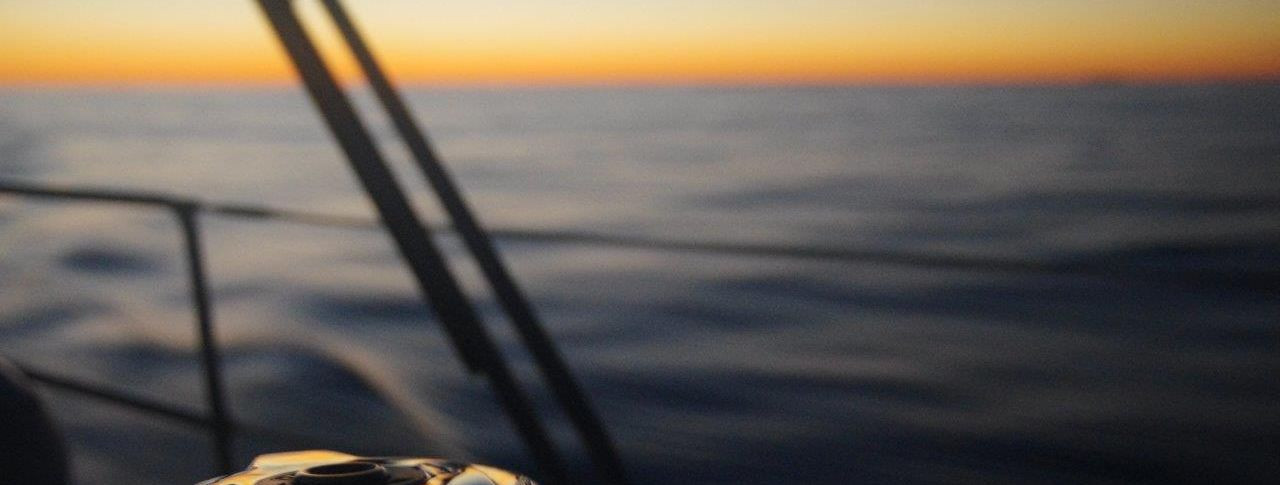Navigating the unknown: offshore sailing tips
Offshore sailing represents the ultimate freedom for many adventure enthusiasts. It's a chance to disconnect from the hustle and bustle of daily life and reconnect with nature on a profound level. The open sea offers a unique combination of tranquility and excitement, a place where one can experience the raw power of the elements.
Before setting sail into the unknown, it's crucial to develop a set of skills that will ensure a safe and enjoyable journey. These include advanced navigation, boat handling, first aid, and understanding of marine weather systems.
Preparation: The Key to a Successful Voyage
Selecting a boat that is seaworthy and comfortable for long passages is essential. It should be equipped with the necessary safety features and be capable of handling the expected sea conditions.
Equipping your vessel with the right gear is just as important as choosing the boat itself. This includes having a well-stocked first aid kit, reliable communication devices, and sufficient provisions for the duration of the voyage.
Modern technology has made navigation and weather forecasting more accessible than ever. However, the ability to read charts, understand GPS systems, and interpret weather patterns remains a vital skill for any offshore sailor.
Safety First: Mitigating Risks on the Water
Being able to predict weather changes and understand sea conditions can mean the difference between a pleasant journey and a perilous one. Knowledge of meteorology and oceanography is indispensable for offshore sailing.
Every sailor should be familiar with emergency procedures and have access to essential safety equipment such as life rafts, EPIRBs, and personal flotation devices.
Mastering Sailing Techniques
Offshore sailing requires a mastery of advanced sailing maneuvers to navigate through various wind and sea conditions. This includes understanding how to reef sails, heave-to, and perform other techniques that ensure the safety and progress of the vessel.
Long voyages demand efficient energy management and a level of self-sufficiency. This means being able to conserve resources, repair equipment, and maintain the boat's systems while at sea.
Cultural Etiquette and Environmental Considerations
When visiting foreign shores, it's important to be mindful of local customs and traditions. This respect for cultural differences not only enriches the sailing experience but also fosters positive interactions with local communities.
Adopting sustainable practices is crucial for preserving the marine environment. This includes responsible waste management, minimizing pollution, and being conscious of the impact your journey has on the ecosystems you encounter.
Psychological Preparedness and Team Dynamics
The mental challenges of offshore sailing are often as demanding as the physical ones. Developing mental resilience and effective coping strategies is essential for dealing with isolation, fatigue, and the stresses of life at sea.
The success of an offshore voyage often hinges on the dynamics of the crew. Building a team that communicates well, supports each other, and works cohesively is a critical component of a successful sailing adventure.






Comments (0)